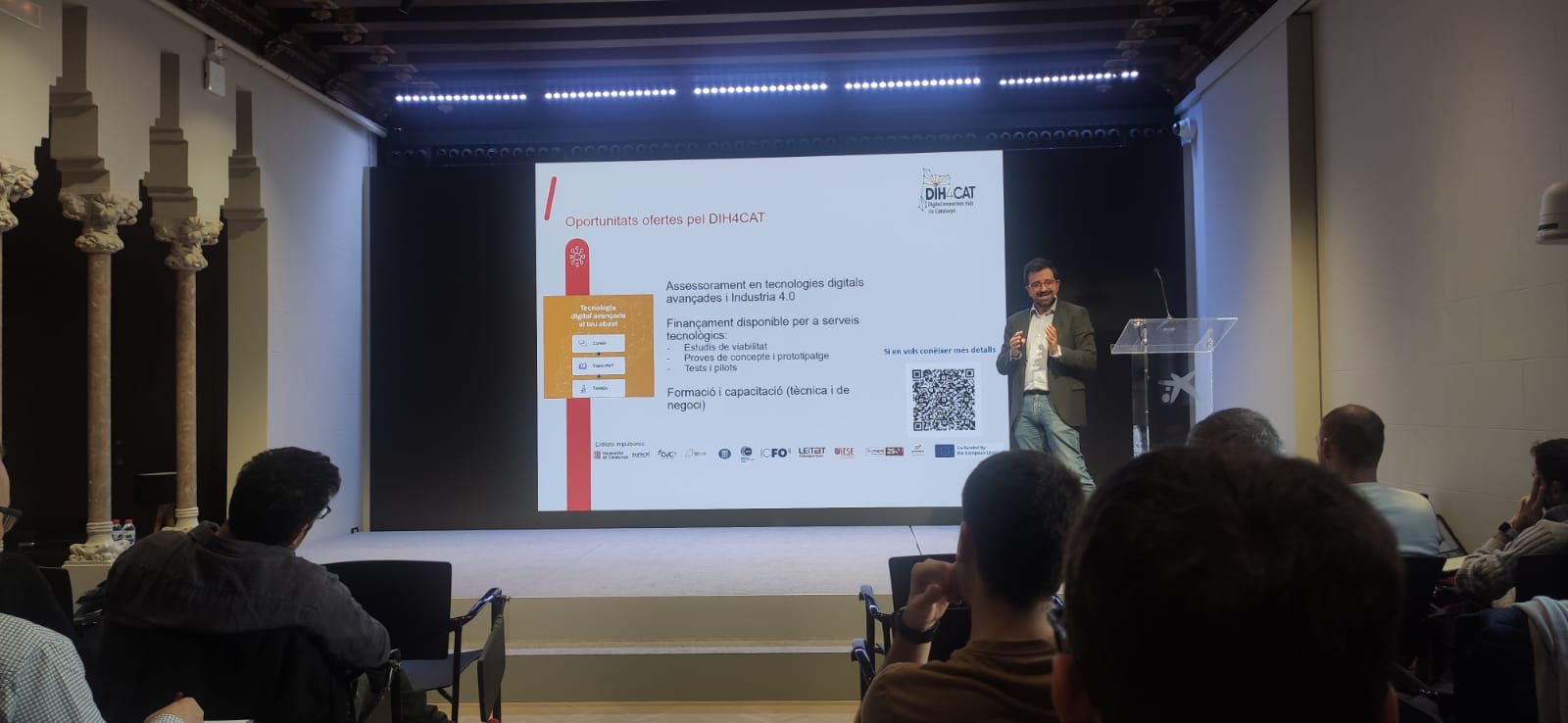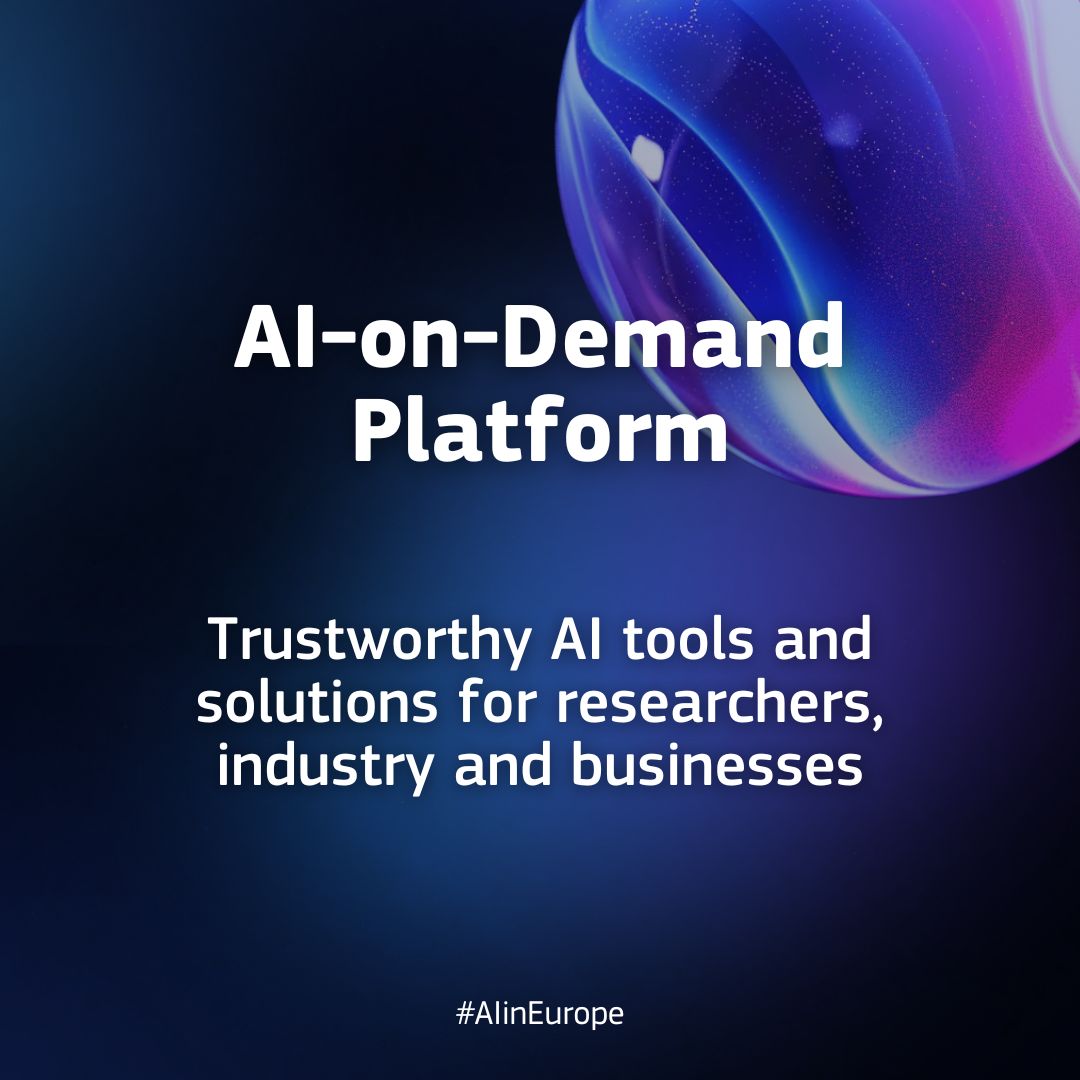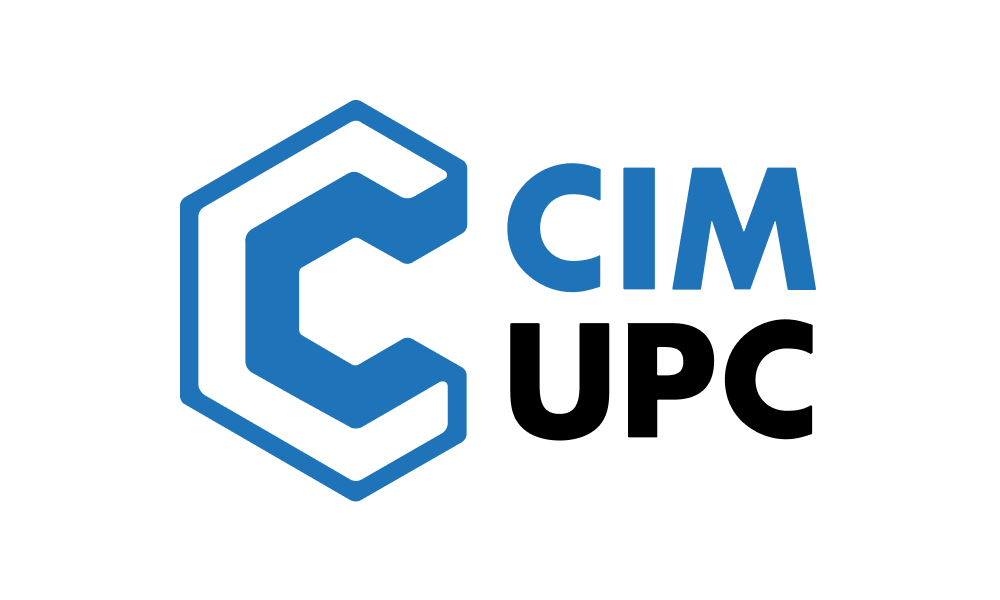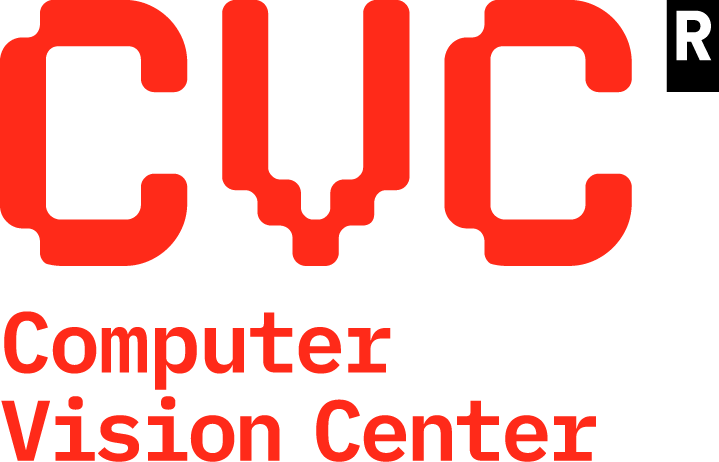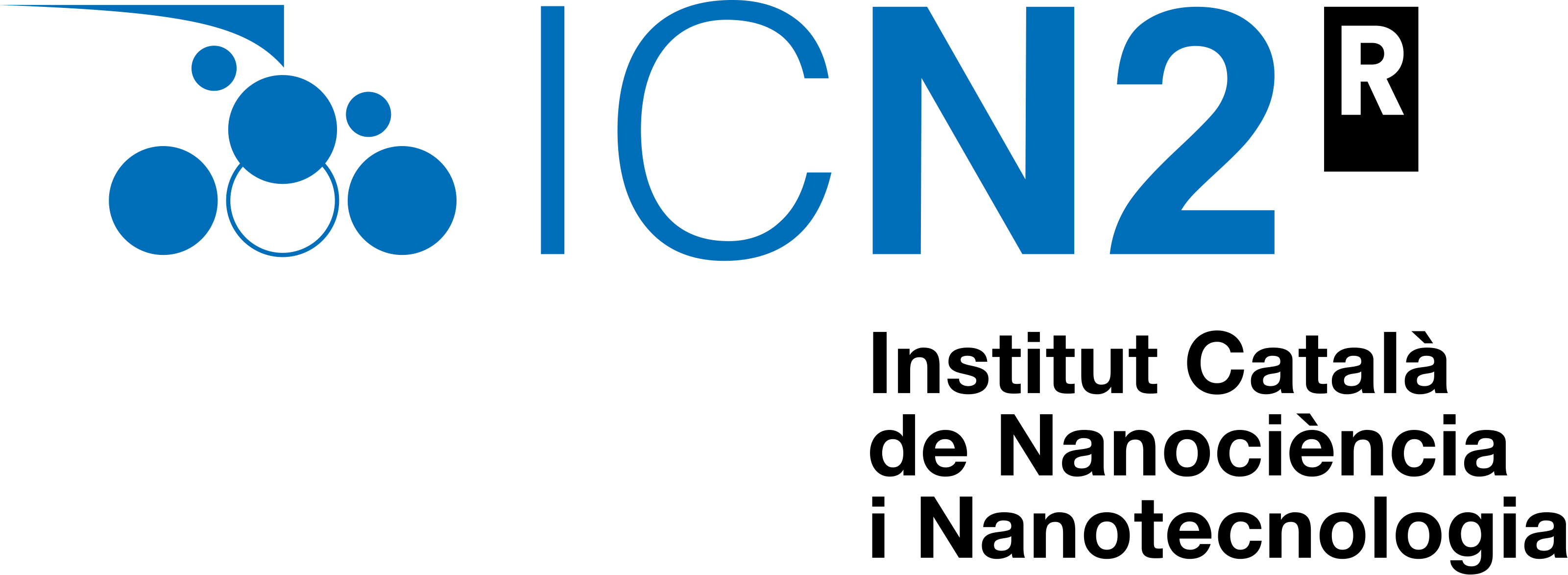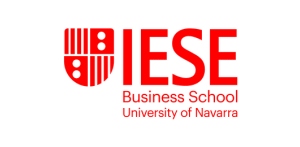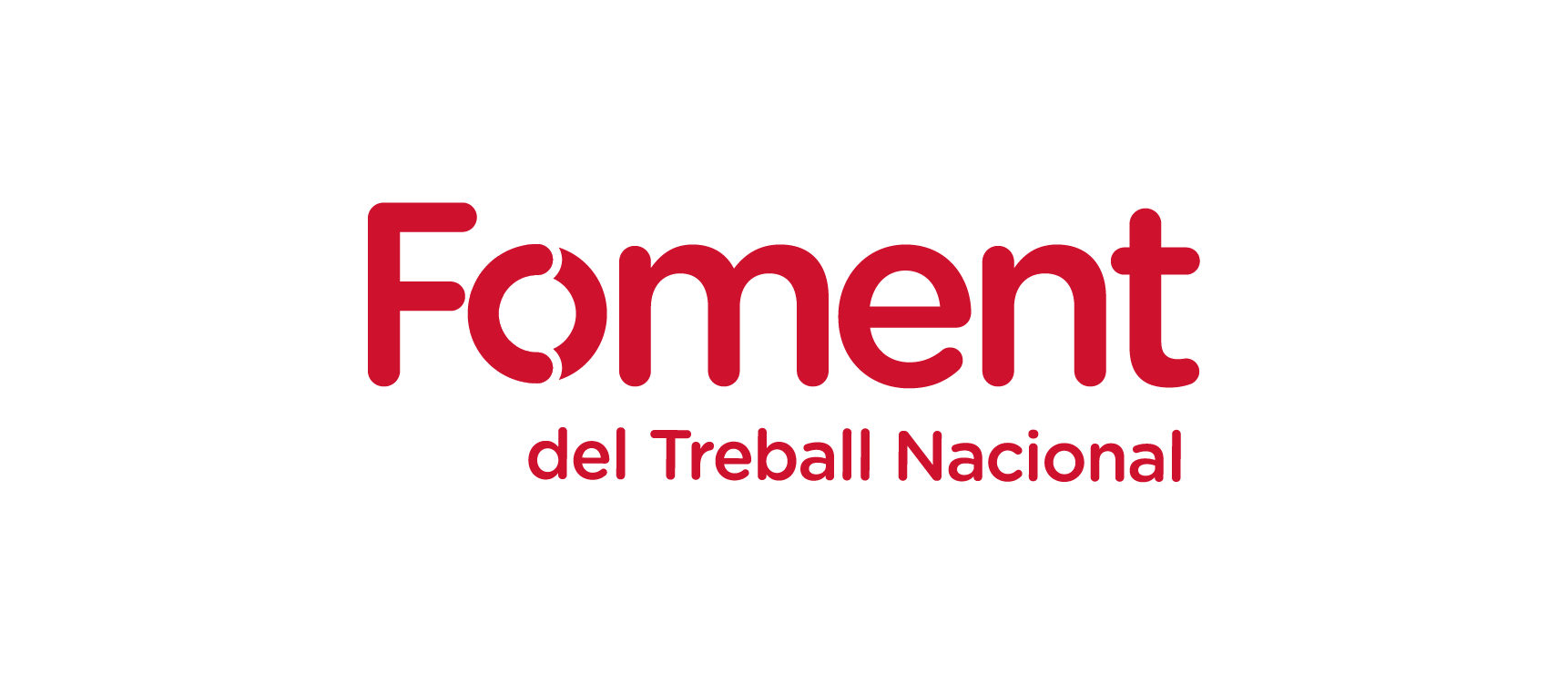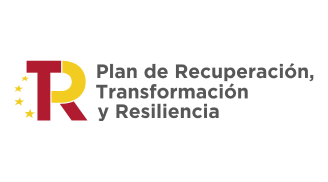How to drive the technological transformation of SMEs, tech start-ups, and public entities?
This week, three training events have been held, framed within the DIH4CAT project, to kick-start the digitalization of companies in industrial sectors and technology providers.
- Additive manufacturing and 3D printing
- Advanced manufacturing and robotics
- Artificial Intelligence
- Cybersecurity
- Photonic
- Smart connectivity
- Supercomputing
- Transversal services
- 25/11/2022 15:00
The adoption of emerging technologies can greatly benefit companies in various ways. It allows them to gain a competitive advantage by creating new value propositions, impacting the traditional revenue and cost structures of small and medium-sized enterprises (SMEs). However, despite the willingness of companies to embrace digital transformation, they often have a blurred understanding of how to begin.
For this reason, three events framed within the DIH4CAT project have been held this week to train and promote the technological transformation of SMEs, tech start-ups, and public entities. A webinar organized by IESE Business School to digitalize SMEs through emerging technologies; a 5G training course for companies, conducted by the i2CAT Foundation; and a workshop on identifying technological challenges, organized by Eurecat – Technology Centre of Catalonia.
Digitalizing SMEs via Emerging Technologies
The webinar “Digitalizing SMEs via Emerging Technologies,” held on November 23, was conducted by IESE Entrepreneurship Professor Sandra Sieber and aimed at SMEs looking to begin adopting emerging technologies. This online session highlighted a European Commission statistic stating that only 55% of SMEs across the continent have at least a basic level of digitalization, meaning nearly half of SMEs are not taking advantage of opportunities created by the digital world.
The webinar delved into the industry’s transformation due to the latest technological advancements, the benefits of adopting emerging technologies and their influence on the business models of SMEs, and the instruments available to encourage the adoption of these technologies.
This was the first webinar organized by IESE within the DIH4CAT framework, opened by the Executive Director of the Entrepreneurship and Innovation Center, Josemaria Siota.
5G Training Course for Companies
On November 24, 2022, the i2CAT Foundation and the Government of Catalonia organized the “5G Training Course for Companies,” providing attendees with foundational knowledge of 5G technology, including its technological aspects, new business models, and use cases enabled by its implementation. The course also introduced the DIH4CAT and the opportunities it offers to SMEs in the sector.
The course, in collaboration with DIH4CAT and the 5G Barcelona initiative, was structured into several training blocks. The first block, focused on technological approaches to 5G, was led by Ramon Ferrús, Professor at the Department of Signal Theory and Communication at the Polytechnic University of Catalonia (UPC). This section detailed the motivations and needs for 5G, its use cases, performance, general architecture, and fundamental technologies of a 5G system, along with its most relevant capabilities (standardization, 5G frequency bands, and its current status).
The second block concentrated on application verticals, use cases, and the impact of 5G. Rosa Paradell, Director of Innovation and Business Development for the Public Sector at the i2CAT Foundation, explained the impact of 5G, application verticals, monetization, and deployment models, providing examples of national and international 5G success stories.
Finally, the 5G strategy of Catalonia and new 5G markets were the focus of the last training block. Xavier Flores, Project Manager at the Secretariat for Digital Policies of the Government of Catalonia, presented the 5G strategy for the Ponent area of Catalonia, while Sergi Sarri, Head of Digital Connectivity at Mobile World Capital Barcelona, detailed new business models and markets enabled by 5G.
Workshop on Identifying Technological Challenges in the Value Chain and Financing Opportunities for Advanced Technology Adoption Projects
Also on November 24, the “Workshop on Identifying Technological Challenges in the Value Chain and Financing Opportunities for Advanced Technology Adoption Projects” was held. Organized by DIH4CAT and Eurecat, this workshop aimed to help SMEs and large companies assess how to tackle key challenges within their value chain through the integration of advanced technologies.
The online workshop presented the Digital Innovation Hub of Catalonia and its capabilities, as well as the Catalonia Cybersecurity Agency. Participants were then introduced to success stories in artificial intelligence, presented by the Centre of Innovation for Data Tech and Artificial Intelligence (CIDAI), and in additive manufacturing and 3D printing, presented by Leitat Technological Center.
To conclude, participants engaged in creative brainstorming sessions to identify challenges that could be addressed through the nodes linked to key technologies. The resulting projects were shared and presented collectively.

